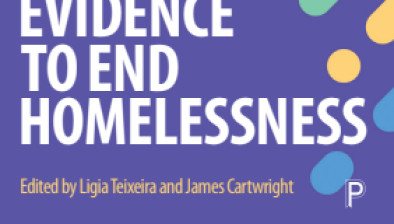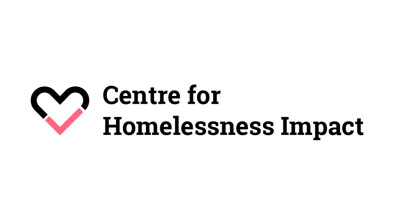Researchers to publish at-a-glance evidence of what works to end homelessness

Summaries of existing research into how to relieve and prevent homelessness are to be published in a series of short papers by the Centre for Homelessness Impact (CHI).
The Centre’s evidence and data team has synthesised findings from research studies and reviews by experts in homelessness from across the world.
The results have been summarised in eight ‘evidence notes’ which will be published over the coming weeks. Each will be followed by an online ‘drop-in’ session in which the Centre team will be available to answer questions about the research base in each area. More topics will be added to the series over time.
The evidence notes are deliberately concise and aimed at busy decision-makers, such as people in senior and front-line roles in local authority housing teams, who are interested in having access to research into aspects of homelessness at their fingertips.
The first of these evidence notes, giving an overview of the evidence of the relationship between substance and alcohol use and homelessness, has been published today and will be followed by a ‘drop-in’ discussion about its findings on Wednesday from 9-9.45am.
Among other things, this highlights the use of some harm-reduction approaches which are designed to decrease risks from drug or alcohol use rather than promote abstinence. An example is supervised consumption facilities (legally sanctioned facilities for using pre-obtained substances with sterile injecting equipment, supervised staff and with access to health care and support services).
It also finds evidence that peer support can reduce harm related to substance use when this is developed by professional organisations, as well as the relevance of housing-led approaches
The evidence notes will cover:
- Drugs and Alcohol
- Prevention
- Welfare and Single Homelessness
- Immigration Status
- Homelessness legislation
- Institutional Discharge
- Employment
- Mental Health
The Centre for Homelessness Impact is an independent organisation that is part of the What Works Network, whose members support more effective decision-making and practice by working with governments and public sector organisations to improve the use of high quality evidence and data.
Dr Lígia Teixeira, chief executive of the Centre, said: “We want to accelerate an end to homelessness by making research evidence and data accessible to people making policy and designing and delivering programmes in homelessness.
“Our series of evidence notes will put high quality research evidence into the hands of busy professionals in an easily digestible way so that the important work they do can be informed by evidence of what works from around the world.”
-
The Centre for Homelessness Impact’s evidence notes will be published at www.homelessnessimpact.org/publications.








